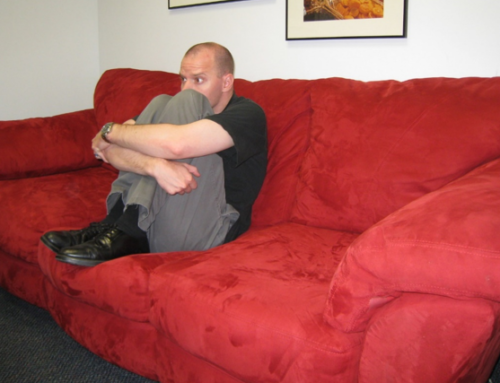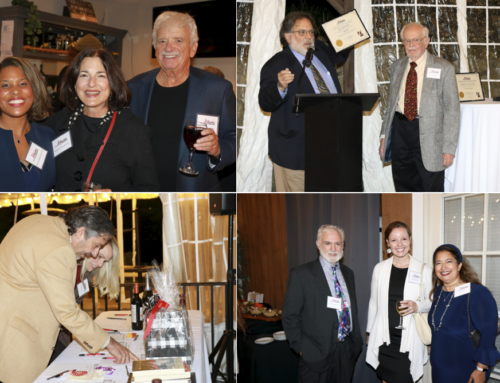With the current political climate, many clients have difficulty dealing with different political leanings. Using bibliotherapy and examples from history may be very helpful to our clients, both during therapy and as a follow-up to therapy in the form of homework.
How do we help clients get along with the significant others in their lives? One way is to use lessons from history. Think for a minute about President Abraham Lincoln who was able to surround himself with cabinet members of competing parties. This was well documented by Doris Kearns Goodwin’s book, Team of Rivals: The Political Genius of Abraham Lincoln. This example may be helpful to the client who is having difficulty working with co-workers. The long-term friendship between Vice President Joe Biden and the late Senator John McCain is another example of two people with different viewpoints being able to form a productive, positive relationship. This example of two people overcoming their philosophical differences to develop a positive relationship may prove very helpful when a married couple is experiencing strife because they have different political affiliations. When helping a father who finds it difficult to accept his son who recently came out, have them discuss their many similarities. Also consider involving other respected members of the family’s extended community during therapy sessions, including a trusted aunt or possibly a member of the clergy. Again use history to discuss how the United States has changed in respect to same-sex marriages in recent years.
During family gatherings, it may be impossible to avoid discussing politics. As psychologists, we may suggest that our clients encourage their family members to vote and to have them consider getting involved in local politics. Another book that you can recommend to your clients is Eleanor Roosevelt’s You Learn by Living. In this book, she encourages individuals to vote, to discuss political issues with people with radically different opinions, and get involved with local politics themselves to help make the changes they would like to see in society.
Another excellent book about fostering positive relationships and handling conflict well is All I Really Need to Know I Learned in Kindergarten” by Robert Fulghum. Some lessons include sharing, playing fair, and saying that you are sorry when you hurt someone.
We learn in the many encounters with our clients that there is no one way to treat clients and that we must approach each session with an open mind. When working with clients who are dealing with relationship conflicts think about utilizing bibliotherapy and lessons from history to derive real-world examples of people who have come together despite their differences.
******
The opinions, beliefs, and viewpoints expressed by the author do not reflect those of PSCP: The Psychology Network or our official policies.






